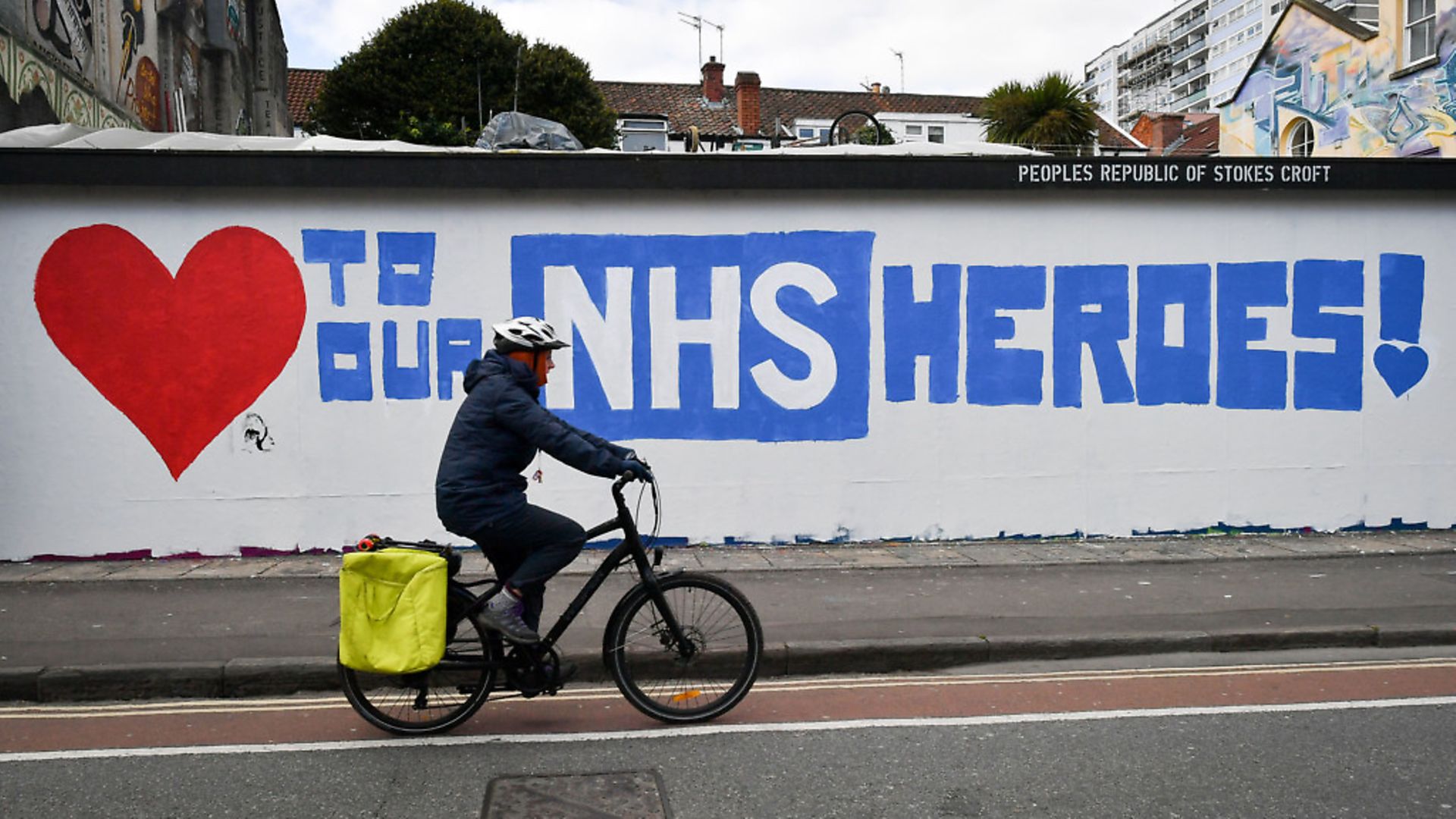
One of the scientists advising the government on the coronavirus lockdown has said that public compliance with the measures is working better than expected.
But Professor Neil Ferguson of Imperial College has warned that ‘it’s going to be several more weeks before we can definitely say anything about the rate of decline and therefore when these measures can be lifted’.
The scientist said that the slow progression of the disease meant that it would be around three weeks before the full impact will be seen on the numbers of deaths and cases.
He said while hospital admissions were starting to plateau, it would take ‘some days’ for death numbers to drop.
But Ferguson said that the public compliance with the measures has been better than modellers expected
‘We made quite conservative assumptions about the level of contact reduction these measures would result in,’ he said,
‘There is some preliminary evidence in terms of contact surveys, in terms of data from companies like Google about how people move, that we have seen even larger reductions in normal behaviour, contact, than we would have dared hope.
Have your say
Send your letters for publication to The New European by emailing letters@theneweuropean.co.uk and pick up an edition each Thursday for more comment and analysis. Find your nearest stockist here or subscribe to a print or digital edition for just £13. You can also join our readers' Facebook group to keep the discussion and debate going with thousands of fellow pro-Europeans.
‘That is good news but we have still got to see that reflected in case numbers coming down. It is only when we see the case numbers come down and how quickly transmissions have been reduced we can really conclude anything about what happens next, when these measures can be relaxed,’ he told the Today programme.
Ferguson also expected the government’s own prediction of an 80% infection rate – set in the days the government was accused of ‘herd immunity’ – would be much lower.
‘We never expected large numbers of the population to be infected,’ he said, pointing to a town in Germany with infection rates of 15% that was ‘probably the worst hit’ in the country.’
The scientist said although there was currently no exit strategy, a phased approach could be introduced, starting with the re-opening of schools and then looking at younger age roups.
‘Without doubt measures will be targeted, probably by age, by geography, and we will need to introduce – in my view – much larger levels of testing at a community level to be able to really to isolate cases and more effectively identify where transmission is happening,’









